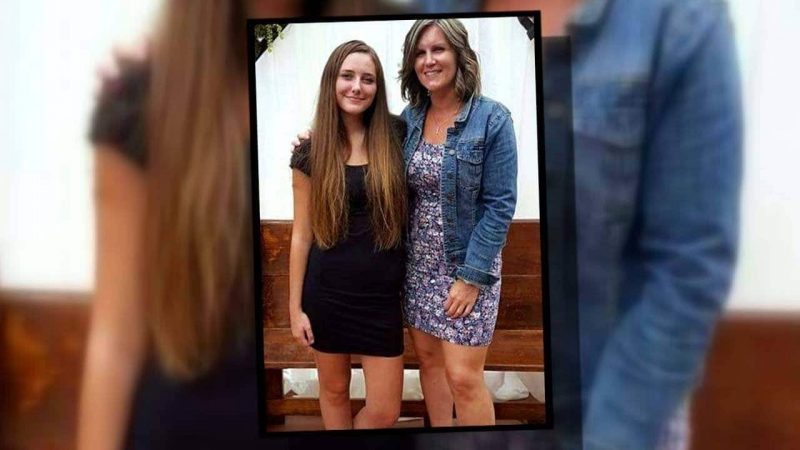Is Your Kid a Little Liar?
A mom of a four-year-old tracked me down with concerns about what she feared might be considered “pathological” lying. Her daughter could weave a tale like no other, and mom was worried that this behavior, left unchecked, would become a problem. The problem, however, was that her daughter was such a proficient liar that she seemed to believe her own lies. “I can watch her take cookies from the pantry, she knows I’m watching her, and she still says ‘I didn’t do it, it was the cat’ when I confront her.”
Did the four-year-old liar need therapy? No. She simply needs to tell her stories.
Kids lie. No one wants to raise a liar and some parents go to great lengths to instill a sense of honesty in their children, but sometimes kids lie.
Not all lies are malicious in nature and lying can actually be an indicator of advanced social skills and a high IQ. Imagine that? A behavior that parents fear more than tantrums can actually be a good thing? What gives?
Kids lie for a variety of reasons, and those reasons change by age and stage. It’s useful to know why kids lie at different ages to better understand how to help.
Toddler Tall Tales.
Toddlers first learn to lie out of self-protection. They generally fib to deny having done something wrong or to get their needs met. These lies are usually simple in nature (i.e. “I didn’t spill the milk, my imaginary friend did.”) and they will stick to them.
Solution: Resist the urge to get into a power struggle with your toddler on these little lies. It doesn’t make much sense to start handing out consequences in these instances because toddlers don’t know that they’re doing something wrong.
When your child lies about spilled milk, the best course of action is to point it out, “Oh, look, that milk spilled everywhere, we better clean it up together so it doesn’t get sticky.” The more you accuse, the more lies you’re likely to get in return. Fear can be a powerful motivator for lying, even in the toddler years. Instead, point out the problem and work together to solve it. This teaches your child that mistakes can be fixed.
Preschool Stories.
Preschool is the age of fantasy. Monsters in the closet, invisible friends, and pet unicorns are all the rage in this age group, and preschoolers use their vivid imaginations to work on their story-telling skills. Preschoolers can have difficulty distinguishing fantasy from reality. That’s perfectly normal. That also makes for little lies turned big. That four-year-old who seems to believe her own lies probably does.
Lying in the preschool years can be part play-based (it’s fun to come up with a huge whopper and see who believes it), part fantasy and part wishful thinking. When your preschooler looks you straight in the eyes and says, “My teacher said carrots can make your tummy hurt,” you’ve got a wishful thinker on your hands.
Solution: If your child is generally happy, try not to sweat the little lies. It’s important to keep in mind that story telling plays a big role in how preschoolers process new information. Often those lies that feel troublesome to adults are simply a child’s attempt to make sense of something new and complicated.
Try to find the truth beneath the lies and comment on that. For the preschooler who lies about carrots for example, a simple statement will do: “It sounds like you don’t like carrots very much right now. Let’s go on a vegetable hunt at the grocery store and find something new.”
School-Age Lies.
School age kids tend to have a variety of reasons for lying, and sometimes those reasons are good ones. If your child, for example, fesses up to a crime he didn’t commit to save his brother from getting in trouble, he’s engaging in a prosocial lie – a little white lie to spare someone else’s feelings. Haven’t we all been there at some point? School age kids also lie to avoid getting in trouble, to avoid owning up to something they can’t quite figure out (your kid who always has no homework might really be struggling in school), to avoid embarrassment, or simply to avoid an argument.
Solution: Try to take the reasons into account before you send your kid off to his room with no TV for two weeks. The best way to inspire honesty is to rely on open and honest communication. If your child fears punishment and/or shame every time he tells a whopper, he won’t come clean. He’ll tell more lies to cover the first lie. Talk about the reasons to reach the truth and brainstorm better ways to handle similar circumstances in the future.
Kids make mistakes. Sometimes parents get so caught up in behavior that they forget that childhood is largely based on trial and error. Let your kids make mistakes – mistakes are essential to their learning process.


